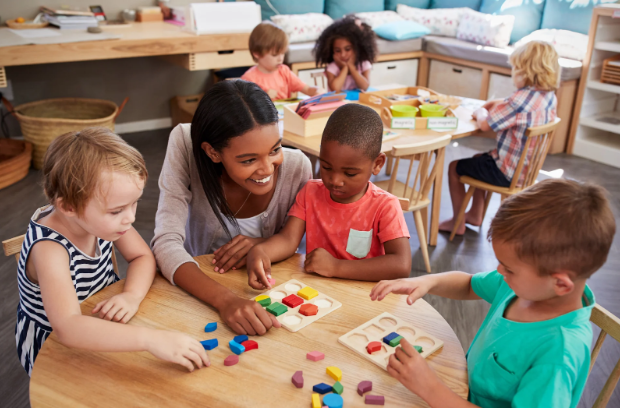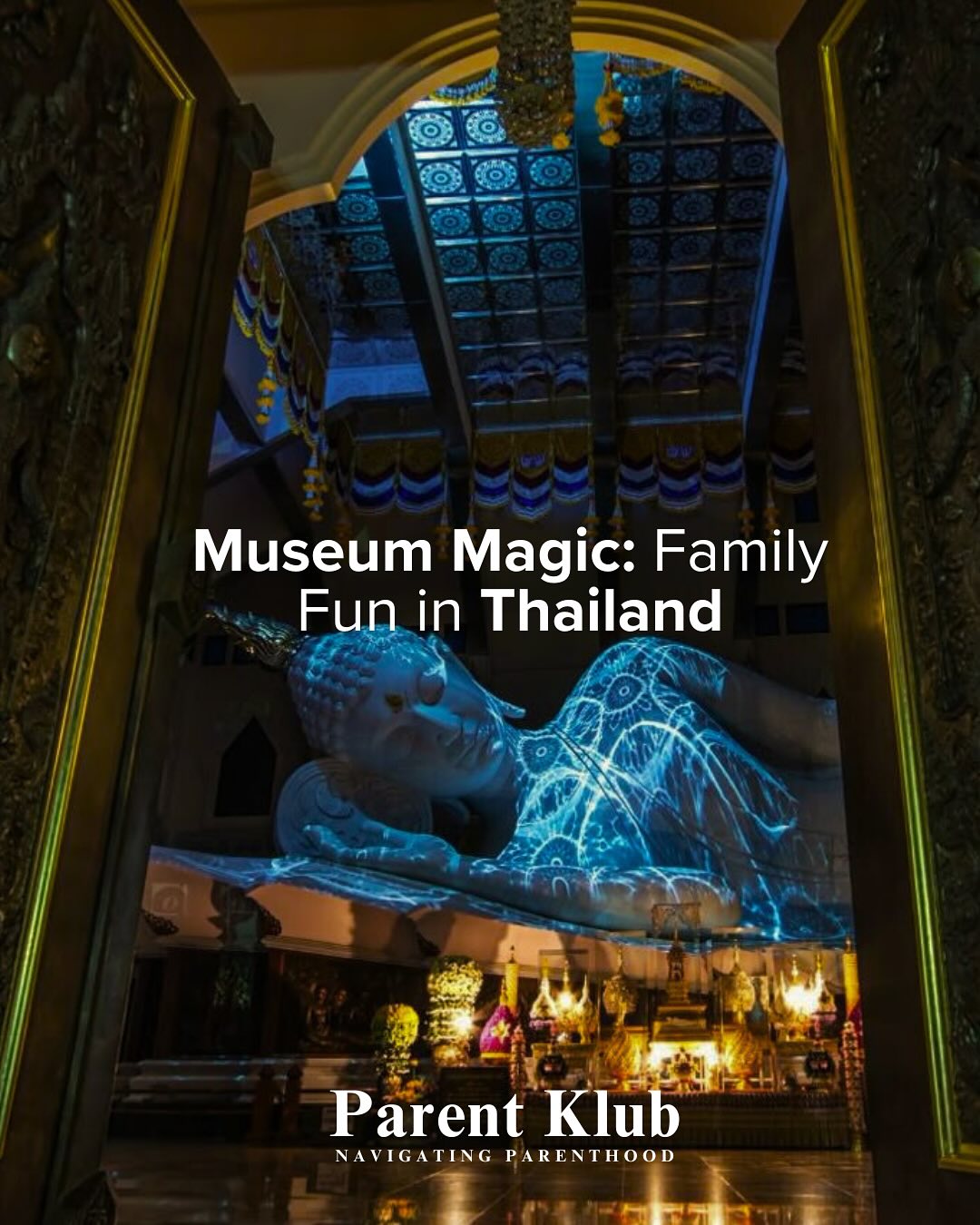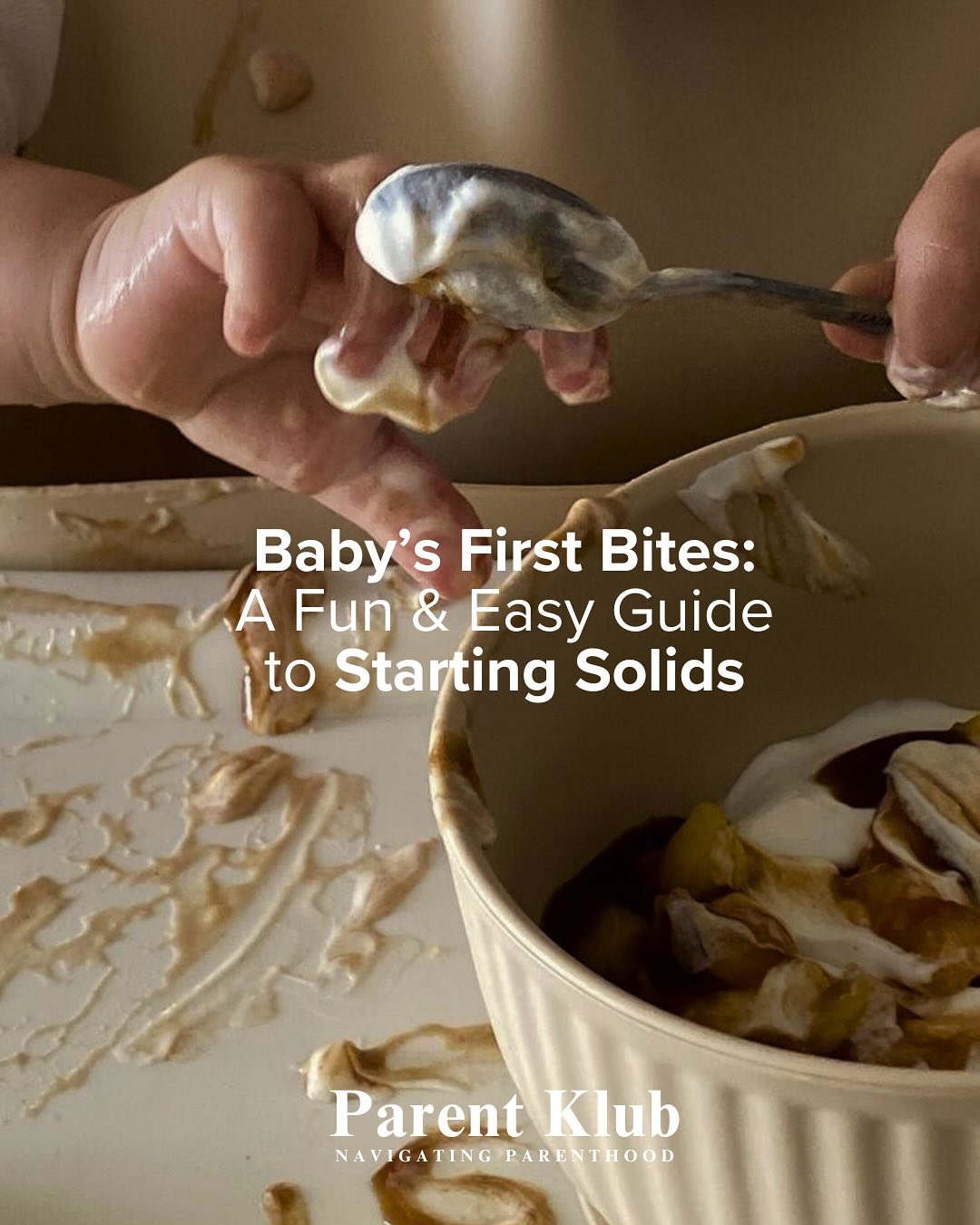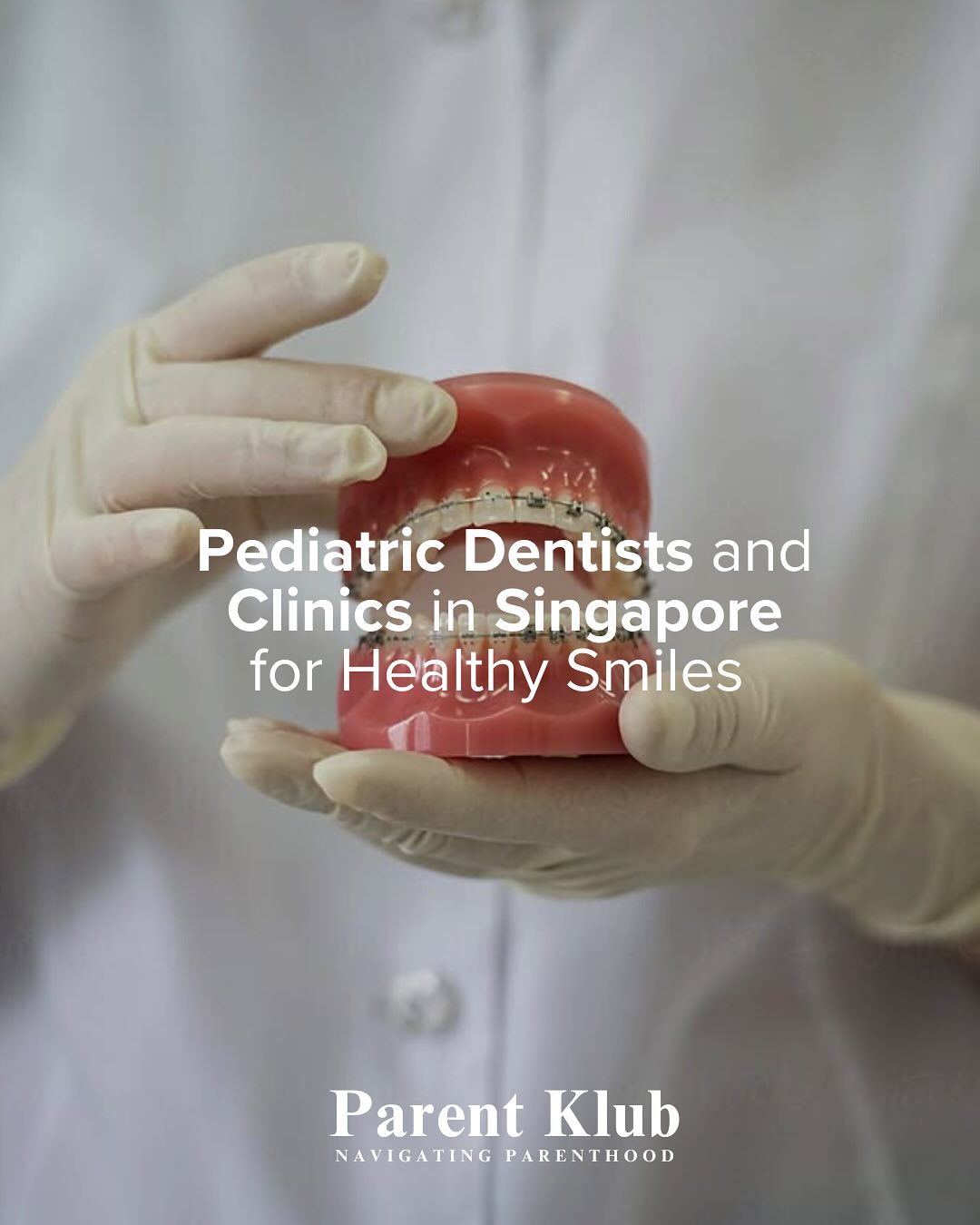Montessori vs. Traditional Schooling: Which Is Right for Your Child?
Choosing the right education for your child is one of the most important decisions parents make. Two of the most common options are Montessori and traditional schooling. Each has unique approaches to learning, classroom structure, and child development. Understanding the key differences can help you determine which is the best fit for your child.
What Is Montessori Education?
Montessori education is an individualized, child-centered approach developed by Dr. Maria Montessori in the early 1900s. It emphasizes hands-on learning, independence, and self-paced progress.
Key Features of Montessori Schools:
- Self-directed learning – Children choose activities based on their interests.
- Hands-on materials – Learning happens through engaging materials instead of textbooks.
- Multi-age classrooms – Younger and older children learn together, fostering peer mentorship.
- Teacher as a guide – Instead of lecturing, teachers observe and support students' natural curiosity.
- Emphasis on life skills – Practical life activities (e.g., cooking, cleaning, problem-solving) are part of the curriculum.
What Is Traditional Schooling?
Traditional schooling follows a structured, teacher-led approach where students learn according to a set curriculum and progress through subjects at the same pace.
Key Features of Traditional Schools:
- Structured curriculum – Lessons follow a national or standardized syllabus.
- Same-age classrooms – Children are grouped by age.
- Teacher-led instruction – Teachers provide direct lessons, and students follow along.
- Emphasis on academic performance – Grades, tests, and homework play a significant role.
- Standardized assessments – Students are tested regularly to measure progress.
Pros & Cons of Montessori learning:
Pros of Montessori:
- Encourages independent thinking and problem-solving.
- Supports individual learning styles and paces.
- Fosters creativity and curiosity through hands-on experiences.
- Reduces pressure by avoiding standardized testing and grades.
Cons of Montessori:
- Less emphasis on structured academics, which may be challenging for test-based education systems.
- May not prepare students for traditional high school environments.
- Some children may struggle with too much independence and lack of routine.
- Montessori schools can be expensive and harder to find.
Pros & Cons of Traditional learning:
Pros of Traditional
- Provides a structured learning environment that prepares kids for higher education.
- Follows a clear curriculum that ensures students learn all subjects.
- Encourages discipline, routine, and time management.
- Offers extracurricular activities and sports.
Cons of Traditional Schooling:
- One-size-fits-all teaching may not suit all learning styles.
- Heavy focus on grades and standardized tests can create pressure.
- Less emphasis on individual creativity and hands-on learning.
- Fixed pace may leave some kids behind or feeling unchallenged.
Which Is Right for Your Child?
Montessori Might Be Best If:
- Your child is naturally curious and loves hands-on learning.
- They thrive in a self-paced, independent environment.
- You prefer a less structured, flexible education style.
- You want a focus on creativity, exploration, and life skills.
Traditional Schooling Might Be Best If:
- Your child does well with structure, schedules, and direct instruction.
- You prefer a clear curriculum with regular assessments.
- You want them to prepare for test-based academic systems.
- You value extracurricular activities, teamwork, and competition.
Both Montessori and traditional schooling have their strengths and weaknesses. The best choice depends on your child's personality, learning style, and future goals. If possible, visit schools, observe classes, and talk to teachers before making a decision.













